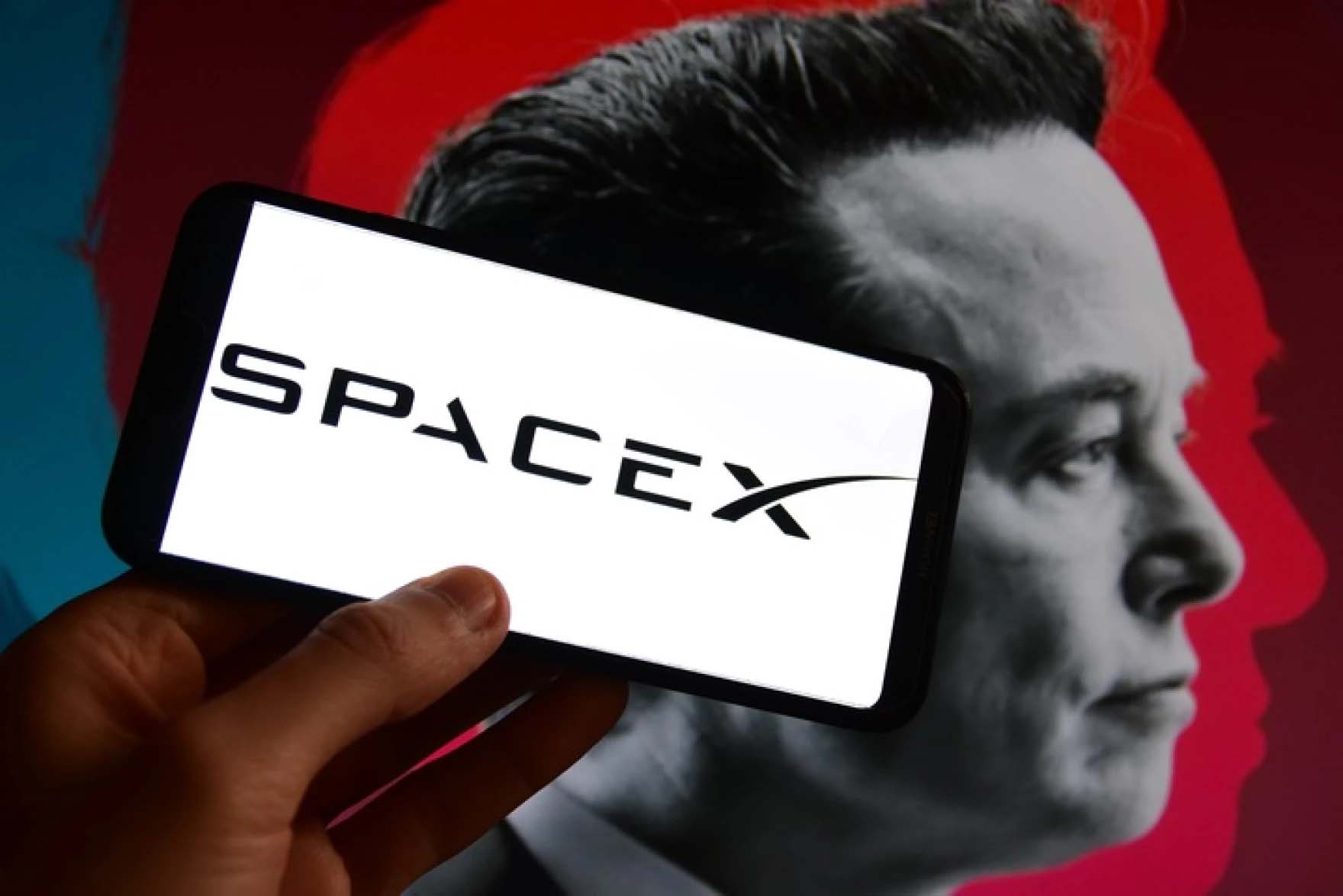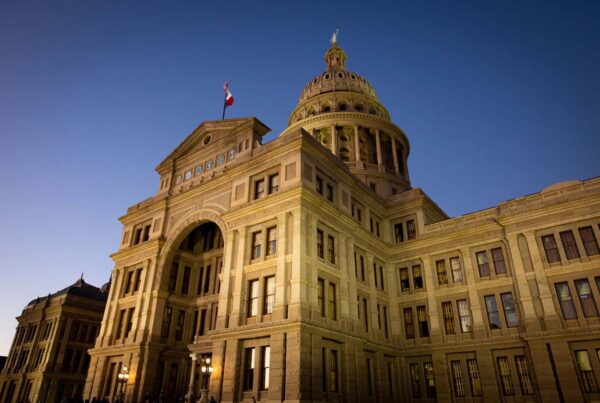From Texas Public Radio:
The Department of Justice (DOJ) sued SpaceX last week, alleging the company intentionally avoided hiring asylees or refugees.
Not hiring people based on their immigration status is illegal under the Immigration and Nationality Act.
The DOJ specifically pointed to period between September 2018 to May 2022, during which out of nearly 10,000 hires only one asylee was hired. The hire occurred four months after SpaceX was notified of the DOJ’s investigation in 2020.
“Asylees and refugees have overcome many obstacles in their lives, and unlawful employment discrimination based on their citizenship status should not be one of them,” said Assistant Attorney General Kristen Clarke of the Justice Department’s Civil Rights Division in a press release.
According to the lawsuit, SpaceX would discourage applicants who were not citizens or green card holders through public announcements and on job applications themselves.
The DOJ also said SpaceX refused to hire qualified asylees and refugees when they did apply. Based on data provided by SpaceX to the DOJ, the company did not hire anyone but U.S. citizens and permanent residents from September 2018 to September 2020.
The lawsuit points to SpaceX CEO Elon Musk’s posts on X, the site he owns formerly known as Twitter, as discriminatory towards potential applicants. Musk said he believed that the company could not hire people who were not U.S. citizens or permanent residents.
“SpaceX was told repeatedly that hiring anyone who was not a permanent resident of the United States would violate international arms trafficking law, which would be a criminal offense,” Musk wrote on X, the site formerly known as Twitter, on Thursday. “This is yet another case of weaponization of the DOJ for political purposes.”
Musk referred to the International Traffic in Arms Regulations (ITAR), which SpaceX must comply with because it works with “certain goods, software, technology and technical data,” according to the DOJ.
The DOJ disagreed with Musk, however.
“Under these regulations, asylees, refugees, lawful permanent residents, U.S. citizens and U.S. nationals working at U.S. companies can access export-controlled items without authorization from the U.S. government,” the Justice statement explained. “Therefore, these laws do not require SpaceX to treat asylees and refugees differently than U.S. citizens or green card holders.”
The DOJ sought back pay and civil penalties for the asylees and refugees who were denied employment by SpaceX.
SpaceX did not respond to TPR’s request for comment.














